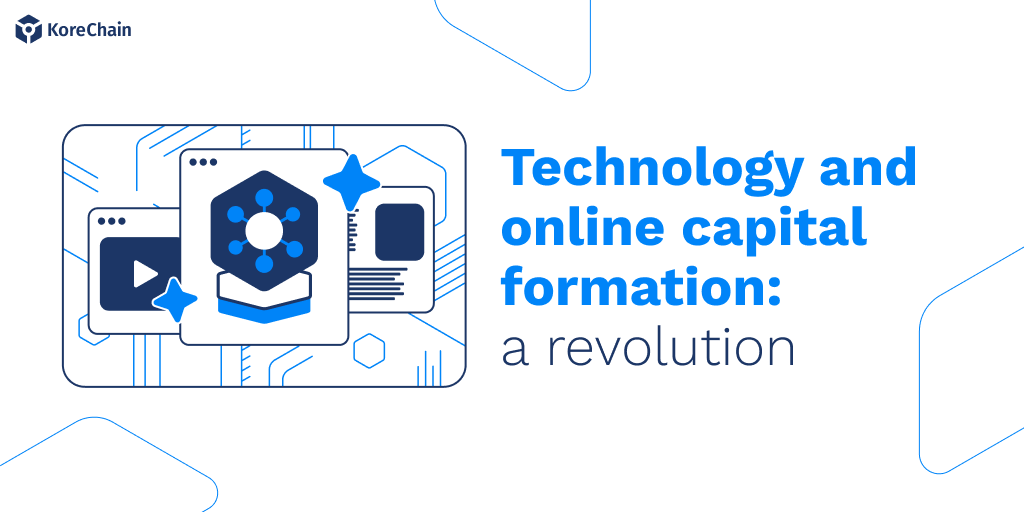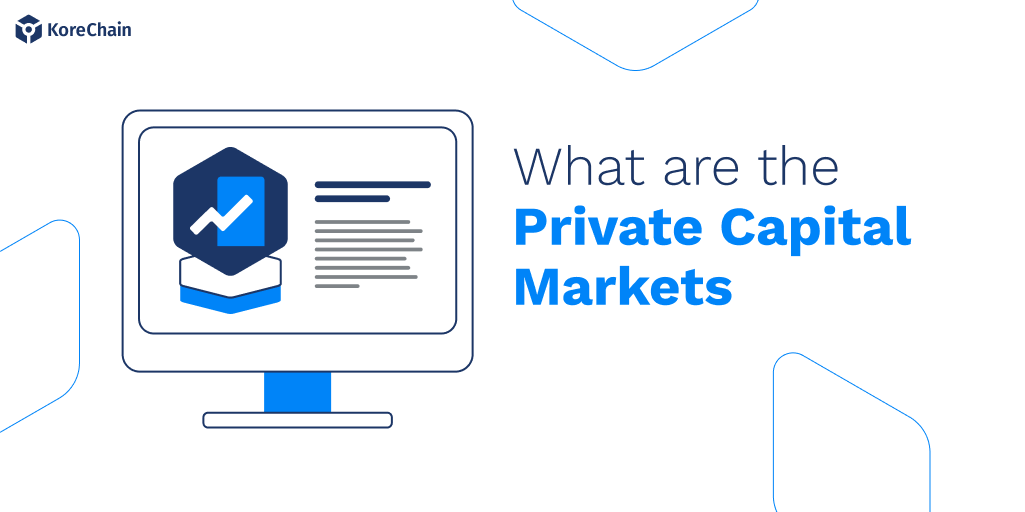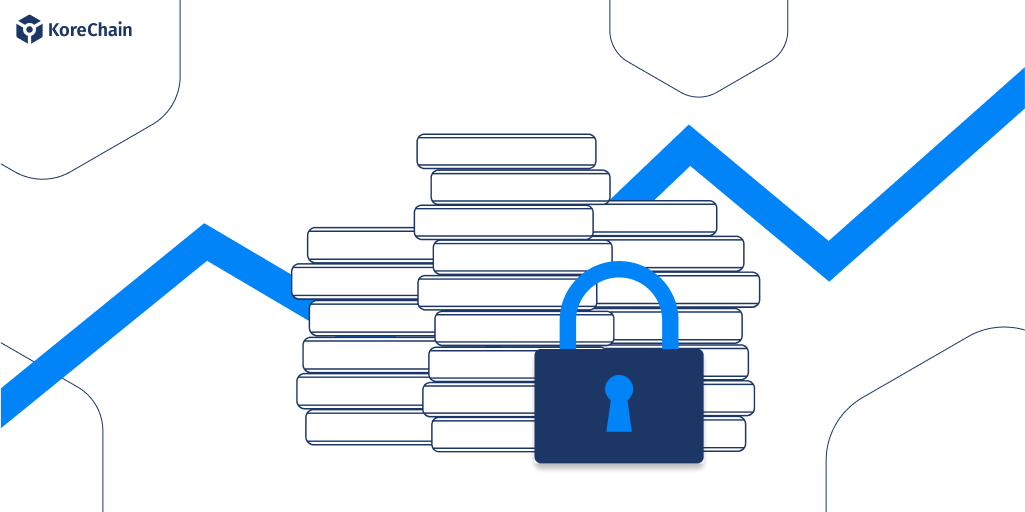In the rapidly evolving landscape of private capital markets, blockchain technology emerges as a transformative force, offering a plethora of new opportunities and solutions.
This technology, renowned for its robustness, transparency, and efficiency, is revolutionizing the way private securities are managed, traded, and invested.
Through blockchain, we now have the tools to tokenize assets and offer fractional ownership in a cost-effective manner—all while staying 100% compliant with regulatory frameworks such as the SEC and JOBS Act.
This blog post explores the strategic approach to integrating blockchain in the private capital markets, focusing on the selection of appropriate blockchain types, compliance considerations, and the broad impact of tokenization.
Understanding Blockchain and Private Capital Markets
Blockchain technology, at its core, is a decentralized ledger that records all transactions across a network of computers.
This technology ensures that records are transparent and tamper-proof, making it an ideal candidate for use in areas requiring high levels of trust and verification, such as the private capital markets.
In these markets, blockchain can manage the activities of buyers and sellers of private securities more efficiently and transparently than traditional systems.
The Revolution through Tokenization
Tokenization is the process of converting rights to an asset into a digital token on a blockchain. This can range from RWA, real estate, to shares in private companies, to artwork.
The benefits of tokenization in the private capital markets are manifold. It democratizes access to investment opportunities, enhances liquidity, reduces barriers to entry, and simplifies the complex processes of buying, selling, and managing securities.
Moreover, it offers fractional ownership, allowing investors to buy shares in assets that would otherwise be out of reach due to high minimum investment thresholds.
Compliance: The Foremost Consideration on Blockchain in private capital markets
When integrating blockchain technology into the private capital markets, compliance is the first and foremost consideration.
The choice between public blockchains and permissioned (private) blockchains is critical, as each offers different features suited to varying regulatory and business needs.
Public vs. Permissioned Blockchains
Public Blockchains:
- Transparency: High level of transparency as all transactions are visible to everyone on the network.
- Security: Highly secure due to widespread node distribution and consensus mechanisms.
- Regulatory Challenge: May pose challenges in meeting specific compliance requirements due to its open nature.
Permissioned Blockchains:
- Regulatory Compliance: Easier to tailor to specific regulatory requirements, allowing control over who participates in the network.
- Privacy: Provides more privacy for transactions, which can be crucial for business dealings in private markets.
- Scalability: More scalable than public blockchains because they can manage network participation and consensus process.
Selecting the Right Blockchain
Choosing the right blockchain for your business involves understanding the specific needs of your operations and compliance requirements. For instance, if your business model requires stringent KYC (Know Your Customer) and AML (Anti-Money Laundering) checks, a permissioned blockchain might be more appropriate. However, if you aim to maximize transparency and engage a broader investor base, a public blockchain could be more beneficial.
Framework Considerations
- Regulations and Regulators: Ensure that the blockchain solution aligns with local regulations and is capable of adapting to changes in the regulatory landscape.
- Technology Benefits: Evaluate how blockchain technology can improve efficiency, reduce costs, and enhance security for participants.
- Ecosystem Integration: Consider how easily the blockchain can integrate with existing systems and other financial technologies.
Implementing Blockchain: Practical Steps
Map the Ecosystem: Understand all participants, from issuers to investors, and the roles they play.
Engage with Regulators: Early engagement with bodies like the SEC, FINRA, and FinCEN is crucial to ensure compliance and gain regulatory clarity.
Technology Adoption: Invest in the necessary technology infrastructure and expertise to implement and maintain blockchain solutions.
Educate Stakeholders: Conduct training sessions for all parties to understand the benefits and operations of the new system.
The Impact on Secondary Market Trading
Blockchain technology facilitates more efficient secondary market trading of private securities. It provides a platform for these transactions to occur with greater speed and less friction, enabling better price discovery and potentially more liquidity. Moreover, with blockchain, the historical data and transaction records of securities are easily accessible and indisputable, which increases market confidence and integrity.
The intersection of blockchain technology with private capital markets represents a significant leap forward in how investments are managed and traded. By carefully selecting the appropriate blockchain infrastructure—public or permissioned—businesses can leverage this technology to not only meet rigorous compliance standards but also to enhance operational efficiencies and open up new investment frontiers. As we look to the future, the integration of blockchain into private capital markets is not just an opportunity; it is a strategic imperative for continued growth and innovation.
This strategic blueprint aims to guide newcomers and seasoned professionals alike.









